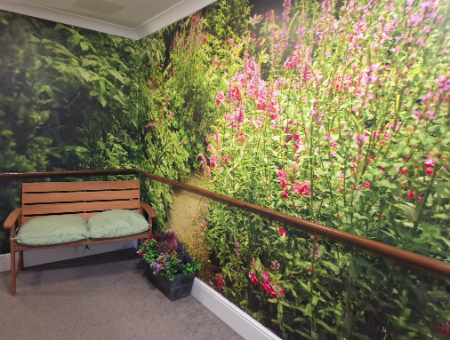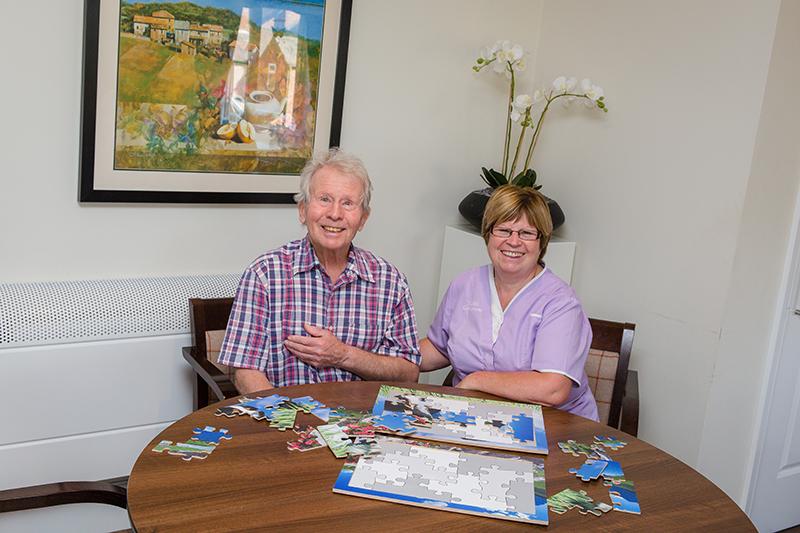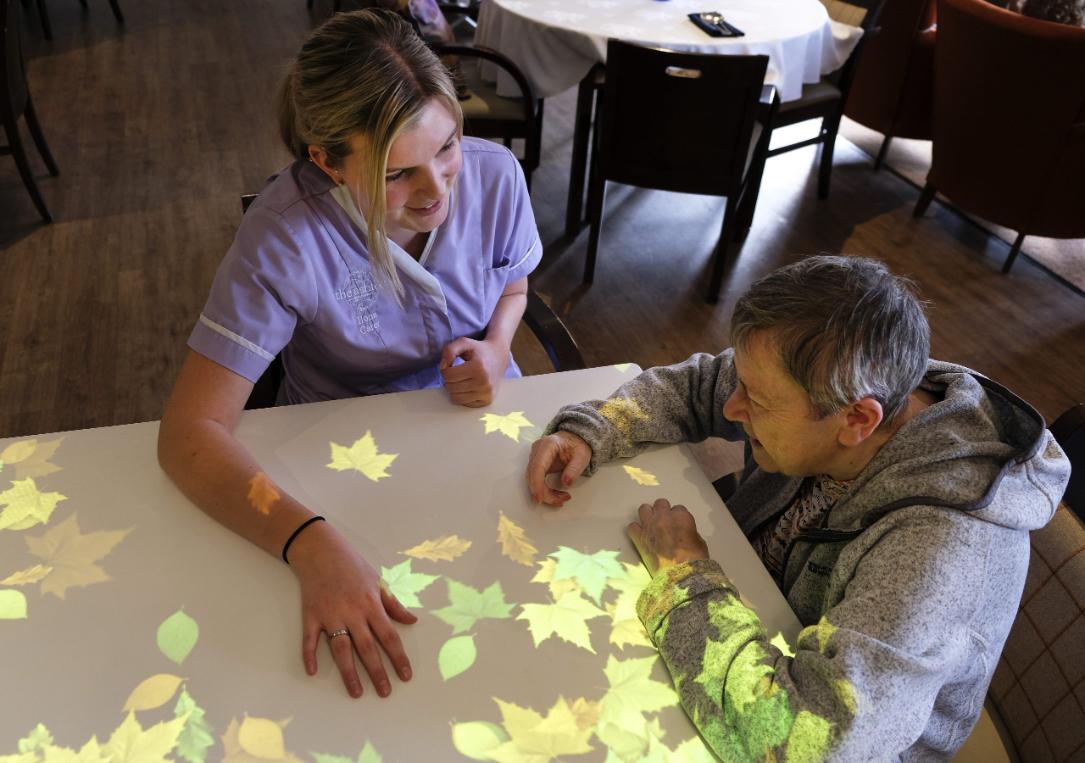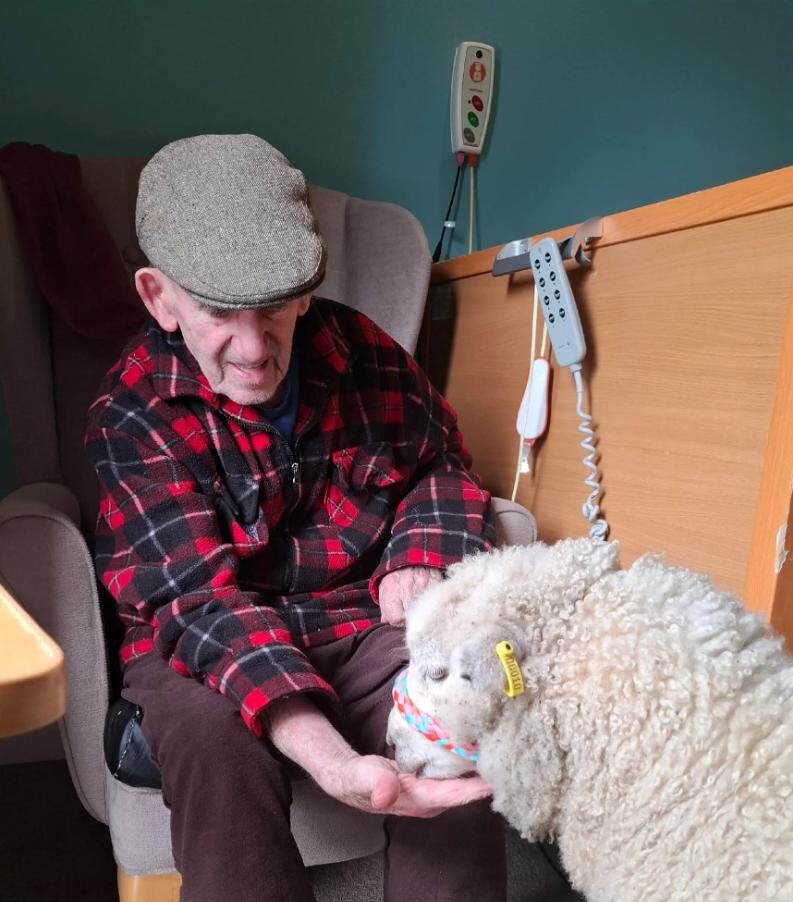The Different Types of Care Offered in Care Homes
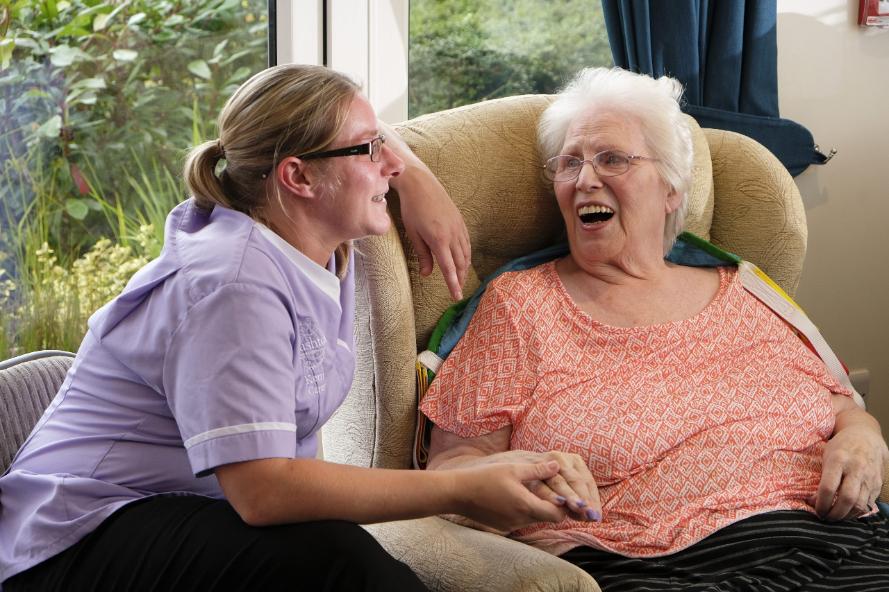
The types of care services available differ from care home to care home, some homes will exclusively offer Residential Care, while others offer a range of care options. In this blog, we look at the different types of care offered in a care home.
What is a Care Home?
There are two main types of individual offering care homes in the UK:
- Residential Homes
- Nursing Homes
Residential homes cater to individuals who seek assistance with daily living activities but do not have substantial medical needs. Staff in residential homes focus on personal care and support, with a more homelike environment and generally lower costs compared to nursing homes. On the other hand, nursing homes offer a higher level of medical care, equipped with registered nurses and healthcare professionals to address complex medical needs.
These facilities provide on-site medical services, such as medication management, rehabilitation, and palliative care, making them suitable for individuals with more significant health challenges. Nursing homes often have a clinical appearance and may be more costly due to the comprehensive healthcare services they offer.
The choice between residential and nursing homes depends on an individual's health condition and care requirements. Residential homes provide a supportive environment for those needing assistance with daily activities, while nursing homes are better suited for individuals with complex healthcare needs. Both play crucial roles in meeting the diverse needs of individuals seeking care and accommodation.
Types of Care Offered in a Care Home
What is Residential Care?
Also referred to as “group living” or "assisted living” " residential care refers to the overall care and support offered to those who require a little support with day-to-day tasks but are otherwise independent. Carehome.co.uk describes Residential Homes as a place to “provide residents with a safe place where they are looked after according to their needs, such as help with washing, dressing, toileting, administering medication and mobility. The word 'residential' means that people can treat the setting as their home and live there with access to the number of services available on site.”
Residents receive assistance with activities of daily living (ADLs), such as bathing, dressing, and medication management, while also having access to communal areas for socialisation and various services such as activities, dining services, and transportation, creating a supportive environment that balances independence with the necessary level of care.
This type of residential care is designed to enhance the quality of life for individuals who may need some assistance but still want to maintain a level of independence in a community setting. It provides a range of services to address both the practical and social aspects of daily living for residents.
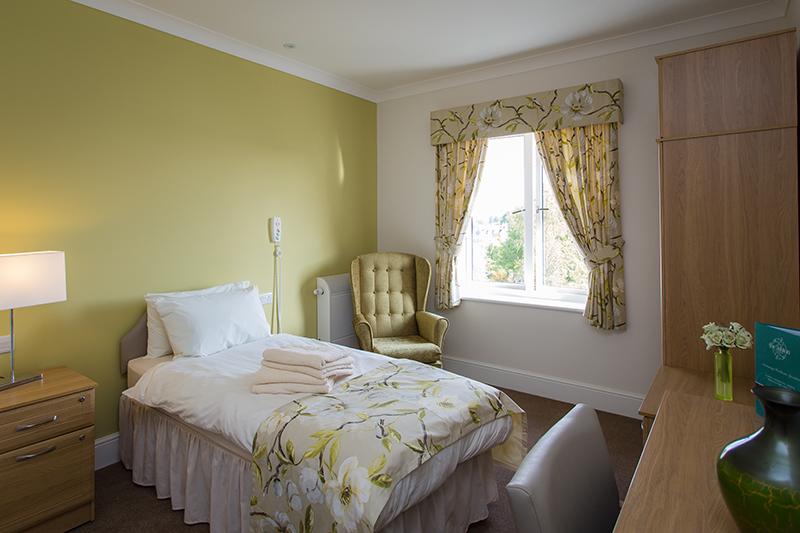
Nursing Care
Nursing Care encompasses all that residential care offers, as well as meeting high-level medical needs. Nursing care is designed for those who require assistance with physical limitations, mental health disorders and long-term health conditions.
With nursing care, residents often have more complex medical needs and may require regular monitoring, administration of medications, and specialised care provided by registered nurses or other healthcare professionals.
In addition to assistance with daily activities, nursing care facilities focus on medical management, rehabilitation services, and palliative care for those with serious health conditions. The goal is to provide comprehensive care that addresses both the medical and personal care needs of the residents, ensuring their health, safety, and overall wellbeing.
Nursing homes and care homes providing nursing care employ registered nurses who provide around-the-clock expert medical care. Qualified District Nurses and Nurse Practitioners coordinate a resident's plan of care, working with medical professionals to provide personalised nursing care.

Dementia Care
A care home offering dementia care will offer a safe and warm setting for residents. In addition, it will be staffed with a team of qualified specialists who are fully trained in dementia care. Homes that offer dementia care will have been thoughtfully designed to be considerate of the residents living with dementia, from the way every room has been furnished, down to the activities provided.
These environments are specifically structured to provide a safe and supportive setting for individuals dealing with memory loss and cognitive decline.
In dementia care, staff members receive specialised training to understand and respond effectively to the challenges associated with dementia. The physical environment is often designed with features that promote safety and reduce confusion, such as clear signage, secure entry and exit points, and memory-enhancing elements. Activities and programs are tailored to engage individuals with dementia and support cognitive function.
Care in dementia-specific settings focuses on maintaining the individual's dignity, independence, and quality of life. Staff members work to create a structured routine and environment that reduces stress and enhances a sense of familiarity for residents.
Additionally, dementia care often involves family education and support, recognising the significant role that families play in the well-being of individuals with dementia. The goal is to provide a compassionate and understanding environment that meets the unique needs of those living with cognitive impairments.
With the correct care and attention, those living with dementia can carry on living their life to the fullest, continuing with their favourite activities, and socialise with those of a similar age.
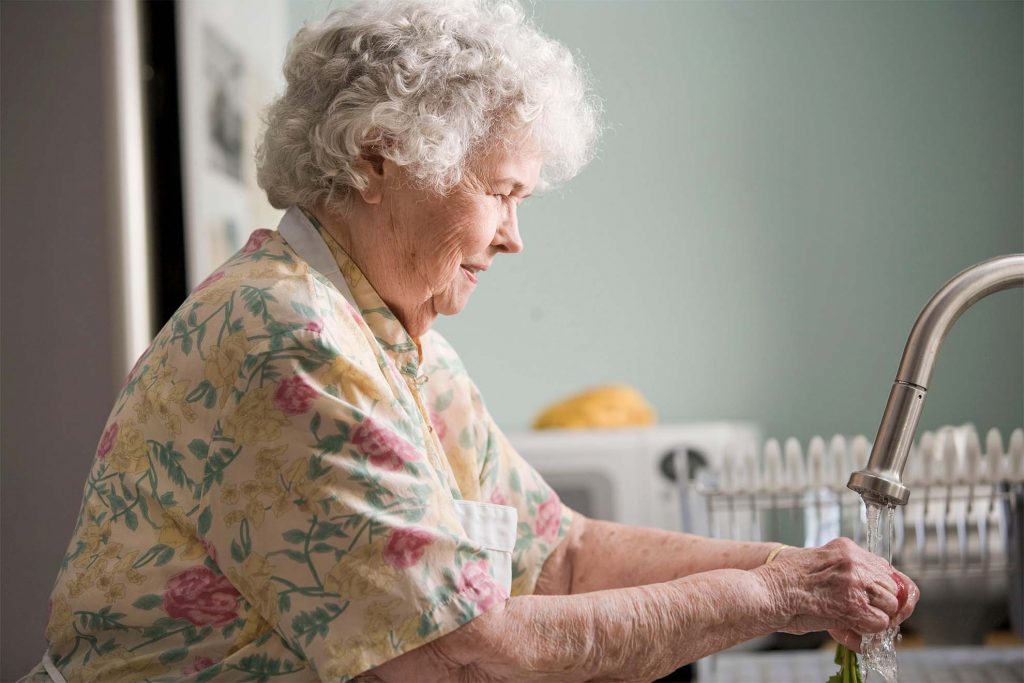
Respite Care
Respite Care is a short-term care option, provided to those who need to recover from an illness or injury. It is also suitable for carers who are looking after their loved ones at home and who need a break from their responsibilities.
“Respite holidays allow carers and people with illnesses or disabilities, to take a break from everyday life.” - nhs.uk. At a care home, a team of professionals can care for temporary residents until they are ready to return to their normal routines. Respite care can be anywhere from a few weeks to a few months.
Respite care is beneficial for both the caregiver and the individual receiving care. It helps prevent caregiver burnout by providing a period of rest, relaxation, and the opportunity to attend to personal needs.
For the individual receiving care, respite care ensures continuous support and assistance, promoting a sense of security even when the primary caregiver is temporarily unavailable. This type of care can be particularly valuable for families caring for individuals with chronic illnesses or disabilities.

The Types of Care Services Available at The Ashton Care Home
The Ashton Care Home proudly specialises in all four care types: Nursing, Residential, Dementia and Respite Care. Our residents’ overall well-being is our top priority and all care provided to our residents is tailored to their specific needs.
Prior to a resident’s admission, we will discuss and assess their needs, and design a person-centred care plan which will be monitored and reviewed regularly to ensure a continuum of care.
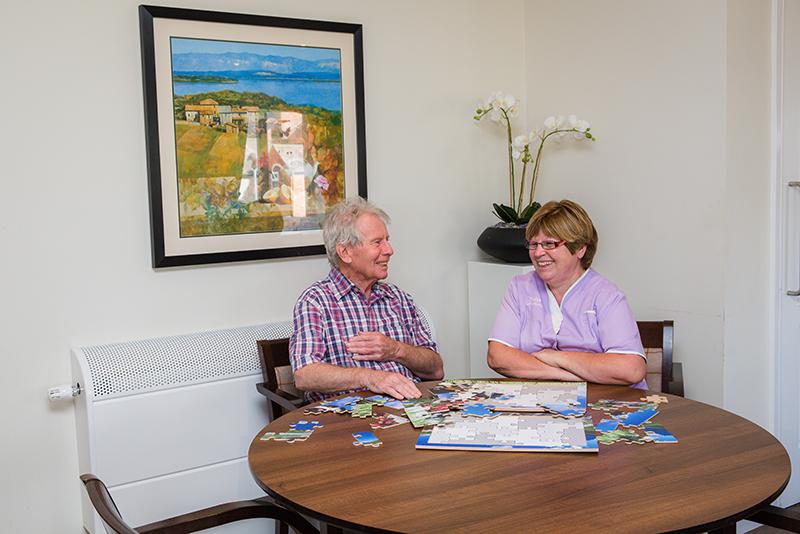
Pride in Delivering High-Quality Care
Our staff go above and beyond to provide exceptional care here at The Ashton, our carers are the linchpin in our homes, playing a central role in ensuring the wellbeing and quality of life for all. Their dedication, compassion, and personalised assistance are instrumental in tailoring care plans to meet the specific needs of each individual, fostering a sense of companionship and connection.
Caregivers go beyond physical care, providing essential emotional support and empowering individuals to maintain their independence to the greatest extent possible. In settings such as care homes, assisted living facilities, dementia care units, and respite care, caregivers are frontline providers, observing and communicating changes in health, coordinating comprehensive care, and offering specialised training when needed.
The significance of caregivers is particularly evident in respite care, where they provide temporary relief for primary caregivers, preventing burnout and ensuring sustainable care for individuals facing health challenges.
Their role extends beyond routine tasks to the promotion of dignity, respect, and a holistic approach to well-being. Our teams are essential to the human connection that defines healthcare, embodying the qualities of empathy and understanding that are fundamental to creating supportive and compassionate care environments.
Our purpose-built home offers a variety of amenities that enable residents to spend their time doing the things they enjoy; this includes a varied activities programme, private gardens, a cinema room and a hair salon.
What are the types of care services available at The Ashton Care Home?
- Residential
- Nursing
- Dementia
- Respite
- End-of-Life Care
- Access to a GP via weekly visits
- Chiropodist
- Physiotherapy Sessions
- Access to an Optician
- Dentist Appointments

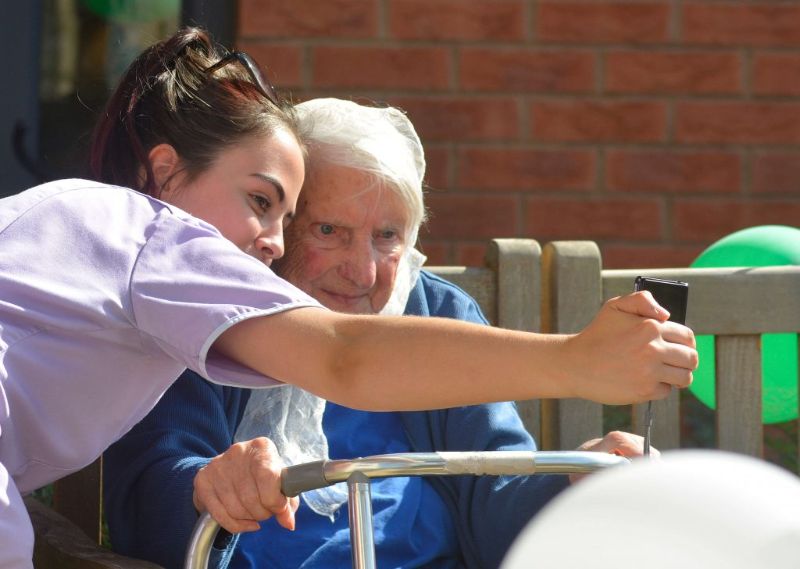

Contact Our Friendly Team
Our home is a place where residents needing differing levels of care can live with ease, with care and support available no matter the time of day or night.
If you would like to learn more about our care services and facilities or would like to visit us, you can contact us by email at info@ashtoncarehome.co.uk or phone 01455 233350, and a member of the team will be delighted to assist you.
